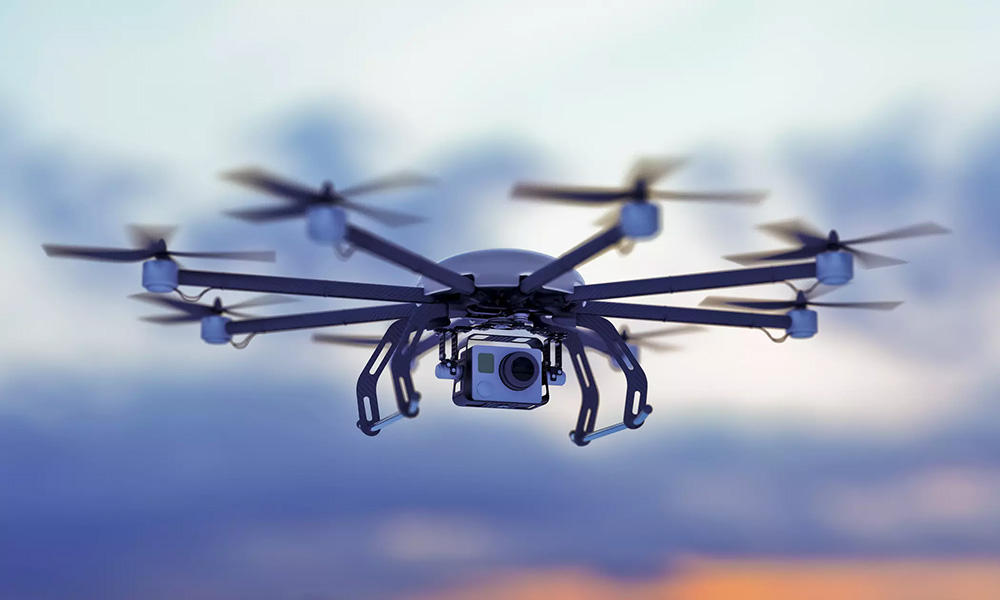Why learn to Fly a Drone:
Drones, or unmanned aerial vehicles (UAVs), have rapidly gained popularity in recent years, transforming various industries and providing exciting opportunities for hobbyists and professionals alike. Learning to fly a drone can be a rewarding experience, offering numerous benefits that extend beyond just piloting a flying machine. Here are several compelling reasons to consider learning how to fly a drone.
1. Aerial Photography and Videography
One of the most popular applications of drones is aerial photography and videography. Drones equipped with high-quality cameras can capture stunning images and videos from unique perspectives that are difficult to achieve with traditional photography methods. Whether you are a professional photographer, a filmmaker, or simply someone who enjoys capturing beautiful landscapes, learning to fly a drone can significantly enhance your creative capabilities. Aerial shots can add depth and interest to your work, making it stand out in a crowded market.
2. Career Opportunities
The demand for skilled drone pilots is growing across various industries. As businesses increasingly adopt drone technology for tasks such as surveying, mapping, and inspections, the need for trained professionals continues to rise. Some industries where drone pilots are in high demand include:
- **Real Estate:** Drones are used to capture aerial footage of properties, providing potential buyers with a comprehensive view of the property and its surroundings.
- **Construction:** Drones are employed for site surveys, progress monitoring, and inspections, helping to improve efficiency and safety on construction sites.
- **Agriculture:** Drones are utilized for crop monitoring, irrigation management, and pest control, enabling farmers to optimize their operations and increase yields.
- **Environmental Monitoring:** Drones are used for wildlife monitoring, forest management, and disaster response, providing valuable data for conservation and emergency efforts.
By learning to fly a drone, you can tap into these career opportunities and potentially increase your earning potential.
3. Enhanced Safety and Efficiency
Drones can perform tasks that are dangerous or difficult for humans to carry out. For example, drones can be used to inspect power lines, bridges, and other infrastructure, reducing the need for workers to perform risky tasks at heights or in hazardous environments. In emergency situations, drones can quickly survey disaster areas, locate survivors, and deliver essential supplies. By learning to fly a drone, you can contribute to improving safety and efficiency in various fields.
4. Recreational Enjoyment
Flying a drone can be a fun and rewarding hobby. It offers a unique way to explore the world from a different perspective and can be a great way to spend time outdoors. Many drone enthusiasts enjoy participating in drone racing, a fast-paced and exciting sport that involves navigating drones through obstacle courses at high speeds. Whether you are flying for fun or competition, learning to pilot a drone can provide hours of enjoyment and a sense of accomplishment.
5. Technological Skills Development
Learning to fly a drone involves understanding various aspects of technology, including GPS navigation, camera operation, and flight control systems. These skills can be valuable in today's tech-driven world and can enhance your overall technological literacy. Additionally, understanding how drones work can spark an interest in other areas of technology, such as robotics, programming, and engineering.
6. Environmental and Conservation Efforts
Drones are increasingly being used for environmental and conservation efforts. They can monitor wildlife populations, track deforestation, and assess the health of ecosystems. By learning to fly a drone, you can contribute to important conservation projects and help protect the environment. Drones can also be used to collect data for scientific research, providing valuable insights into various environmental issues.
7. Cost-Effective Solutions
Drones can provide cost-effective solutions for various tasks. For example, in agriculture, drones can be used to monitor crop health and identify areas that need attention, reducing the need for manual inspections and potentially saving money on labor and resources. In filmmaking, drones can capture aerial shots that would otherwise require expensive equipment, such as helicopters. By learning to fly a drone, you can take advantage of these cost-effective solutions in your personal or professional projects.
8. Community and Networking Opportunities
The drone community is vibrant and supportive, with many opportunities for engagement and collaboration. By learning to fly a drone, you can connect with other drone enthusiasts, share tips and experiences, and participate in local events or online forums. This sense of community can enhance your experience and provide valuable resources and support as you navigate the world of drone piloting.
9. Regulatory Knowledge and Compliance
Learning to fly a drone also involves understanding the regulations and guidelines that govern drone use. This knowledge is essential for safe and legal drone operation. By becoming familiar with these regulations, you can ensure that you are flying responsibly and avoid potential legal issues. Additionally, understanding the regulatory landscape can position you as an expert in the field, opening doors to consulting opportunities.

